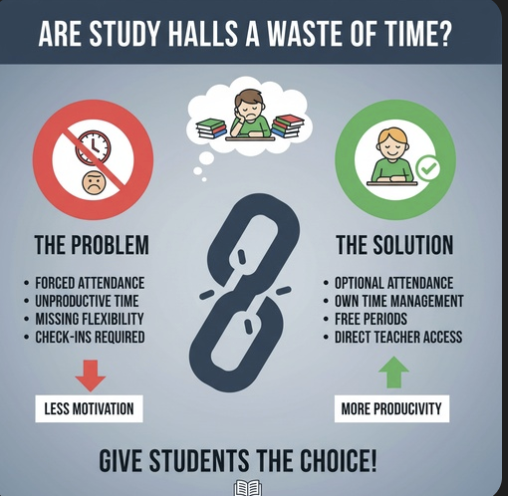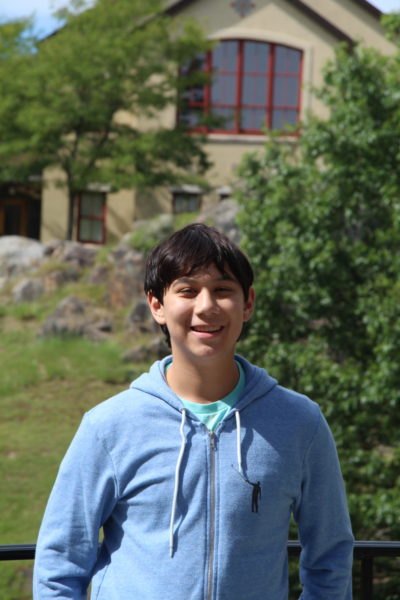Smartphones in schools are a controversial subject among many students, faculty, and parents not just at Hackley, but around the United States, and the World too. Many schools across the country and the world have implemented phone bans and restrictions, some of which have been to great success while some have not. Studies have shown that many phone bans have led to higher grades among students and better productivity, social interaction, and attention span.
At Hackley, phone bans have been considered and talked about throughout my time at Hackley. For example 8 a.m. – 2:15 p.m., and are supposed to put their phones away either in their lockers or in their backpacks. However, when talking to Middle School Director Shazia Durrani about the division’s phone ban, she expressed her concern about how the ban doesn’t work as well as intended, as students sometimes may try to subvert the ban, attempting to use their phones during the day, as the small consequence is just losing the phone during the day. When arriving at Hackley, Head of School Charles Franklin said what many students felt was initial support for a potential phone restriction at Hackley, with a message to Upper Schoolers in the Chapel & on Zoom Meetings to remove their earbuds/headphones when arriving at school and in the hallways. This request was met with a lot of pushback among the Upper School body, with many students expressing that their phones were essential during the day, with him also saying some members of the Community Council shared their concerns in a meeting about phones.
While Mr. Franklin said Hackley wouldn’t implement a full phone ban at Hackley, he still expressed his support for students to try to stay off their phones. He said that when coming to Hackley and thinking about phones he thought “What [values] have made Hackley such a special place: community, connections with peers and teachers.”
To him, phones detract from these values as students are more focused on what is on their screen, and may miss an opportunity to strike a conversation with a fellow student or maybe meet/greet a teacher in the hallway, who they may have later in their time at Hackley, where a small ‘hello’ in the hallway may break a little of ice between them, he felt. Statistics support Mr. Franklin’s view, with his quoting a study where there has been a “~45% decline in face-to-face interactions with teens, then 15 years prior.”
Even though the Upper School won’t see phone pouches or phone lockers next year Mr. Franklin said, the Upper School may test a partial phone restriction throughout the day, next school year, with common spaces and the Dining Hall during lunch being “phone-free” areas, with students putting their phones away, to allow them to interact with their classmates, and improve face to face interactions. He also wanted to reiterate that there wouldn’t be pouches or lockers to store your phones but he wanted to have the community interact with each other and build on the core values of Hackley.
While a phone ban may benefit and help students focus more during the day, the growing pushback and response from students may show that the school just isn’t at the point where one could be implemented.










